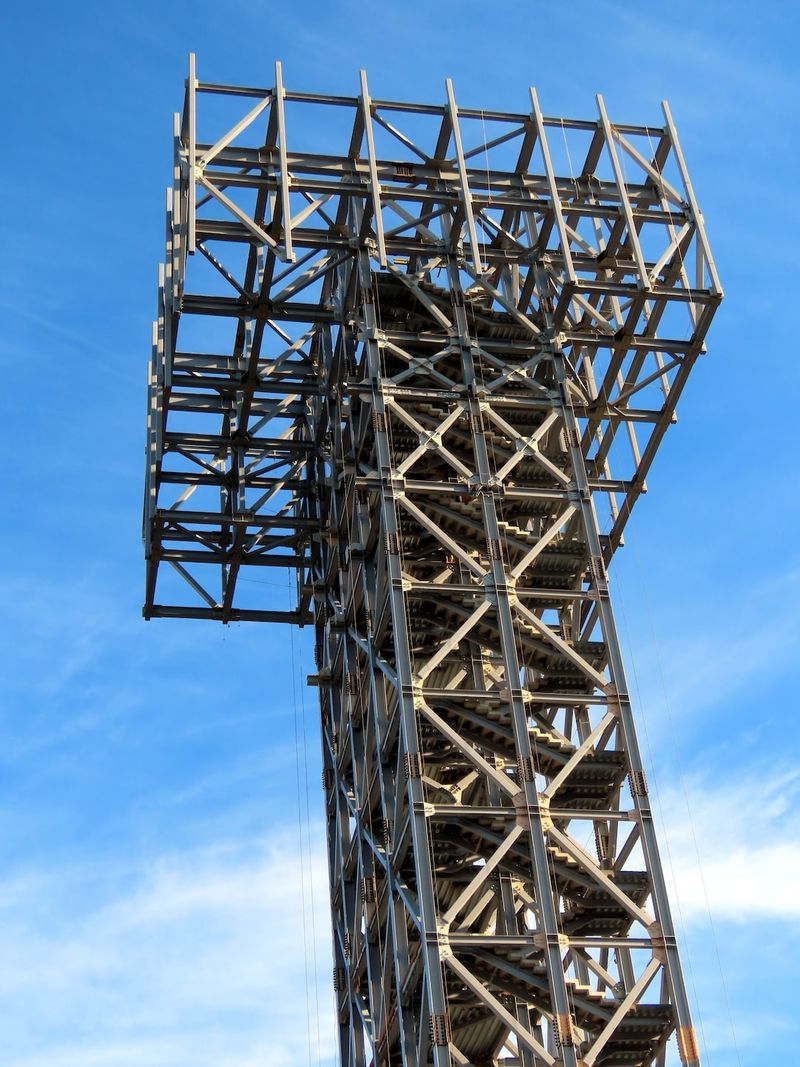Table of Contents
Urgent Measures Needed for Reconstruction and Rebuilding in Afghanistan Post-Earthquake
Introduction
The recent catastrophic earthquake that struck the western province of Herat in Afghanistan has left a trail of destruction and loss. The earthquake, which has been reported as one of the deadliest this year, has resulted in the loss of thousands of lives and has further exacerbated the already dire situation in Afghanistan. In the aftermath of this tragedy, urgent measures are needed to address the immediate and long-term needs of the affected communities. Amnesty International, the renowned human rights organization, has called upon the Taliban de facto authorities to take immediate action and ensure that reconstruction and relief efforts are carried out without discrimination and in compliance with international human rights standards.
The Plight of the Affected Communities
The earthquake in Herat province has come at a time when Afghanistan is already grappling with numerous challenges, including an acute economic crisis and years of conflict. The impact of these adversities has taken a toll on the population, leaving them vulnerable and in need of assistance. The upcoming winter months further exacerbate the situation for thousands of families whose homes have been destroyed by the earthquake. Ensuring access to essential resources such as housing, food, water, sanitation, and healthcare becomes imperative in order to prevent further suffering and enable affected individuals to rebuild their lives.
Human Rights and Inclusion
Amnesty International rightly emphasizes the importance of catering to the needs of the most at-risk groups who often face compounded challenges in times of crisis. Discrimination, particularly against vulnerable groups such as women, children, older persons, and people with disabilities, must not be tolerated. The Taliban de facto authorities have a crucial role to play in ensuring that rescue and relief efforts are carried out without bias and in accordance with international human rights standards. It is essential that the rights and dignity of every individual are upheld throughout the reconstruction process.
The Role of the International Community
The international community cannot turn a blind eye to the plight of the Afghan people. The earthquake in Herat has once again highlighted the precarious state of Afghanistan‘s healthcare system, which is heavily reliant on foreign aid. In the aftermath of the earthquake, it is imperative that the international community mobilizes resources to support access to healthcare, in addition to other essential needs. The ban on Afghan women from working for the UN and other NGOs in Afghanistan further hinders relief efforts. This discriminatory policy must be addressed urgently, as it poses a significant barrier to effective assistance.
Conclusion and Recommendations
In the face of tragedy, it is essential to respond with empathy, urgency, and a commitment to human rights. The earthquake in Herat calls for immediate action and collaboration between the Taliban de facto authorities, the international community, and humanitarian organizations. In order to facilitate reconstruction and rebuilding efforts effectively, the following recommendations are put forth:
1. Address the Immediate Needs:
Prioritize access to housing, adequate food, safe water, sanitation, and healthcare for the affected communities. This will help alleviate their immediate suffering and provide a foundation for rebuilding their lives.
2. Prevent Discrimination:
The Taliban de facto authorities must ensure that rescue and relief efforts are carried out without discrimination. Specifically, vulnerable groups such as women, children, older persons, and people with disabilities should be given equal access to resources and assistance.
3. International Support:
The international community must step up and mobilize resources to support Afghanistan. In addition to financial aid, efforts should be made to address the ban on Afghan women from working for the UN and other NGOs, as this severely hampers relief efforts.
4. Long-term Assistance:
Reconstruction and rebuilding efforts should not be limited to the immediate aftermath of the earthquake. Sustainable long-term solutions must be implemented to ensure that affected communities can recover and thrive in the future.
The devastating earthquake in Herat has brought new challenges to an already struggling Afghanistan. It is our collective responsibility to respond swiftly and address the immediate and long-term needs of the affected communities. By prioritizing human rights, inclusion, and collaboration, we can work towards rebuilding a stronger and more resilient Afghanistan.

<< photo by Nick Sokolov >>
The image is for illustrative purposes only and does not depict the actual situation.
You might want to read !
- “Honduras’ Corruption Woes Call for Urgent Measures and Tough Stance”
- The Repression Game: Unveiling Rwanda’s Global Playbook of Silence
- Greenpeace Hails Brazil’s Climate Target Correction as a Crucial Step Forward
- Chile’s 11 September Coup: A Personal Journey Through the Scars of the Past
- Exploiting the Vulnerable: The Dark Reality of Migrant Workers in Saudi Arabia
- Ending Cycles of Impunity: Positive Votes on Sudan and Russia Key for UN Human Rights Council
- Frontex’s Controversial Libyan Cooperation: Shedding Light in Court